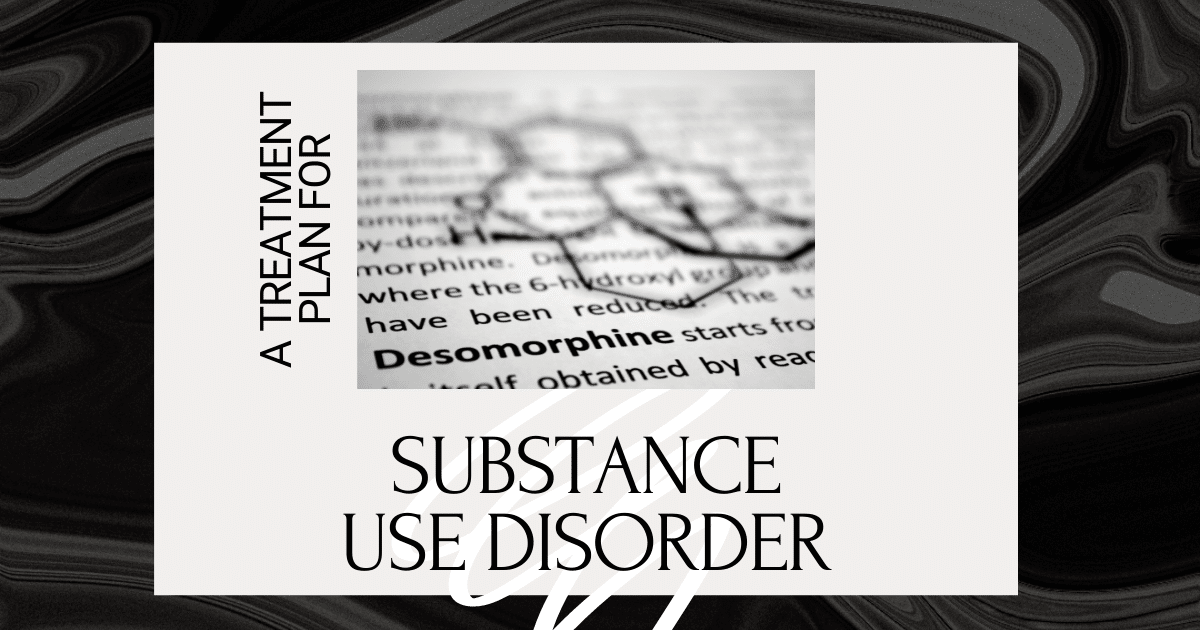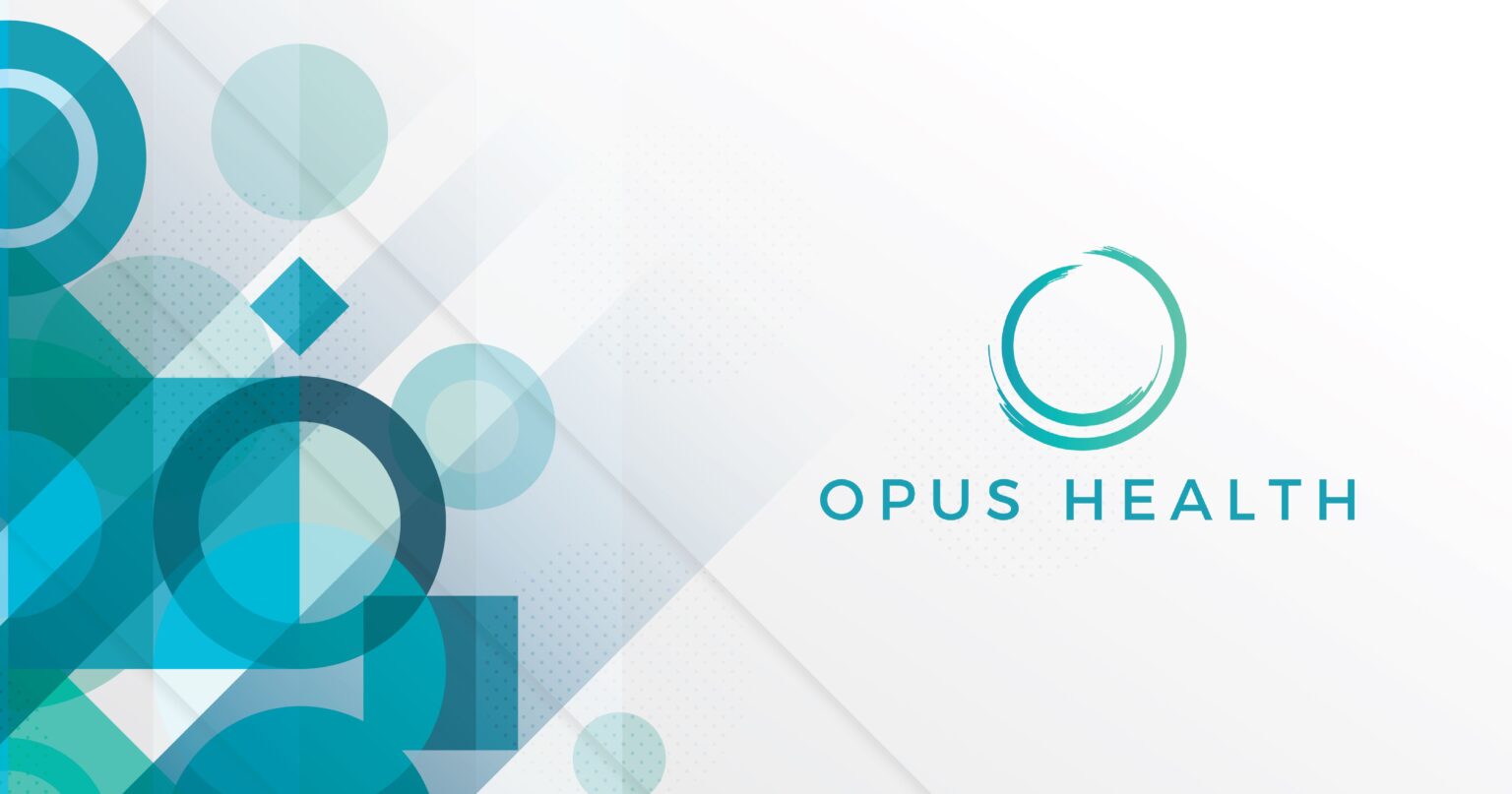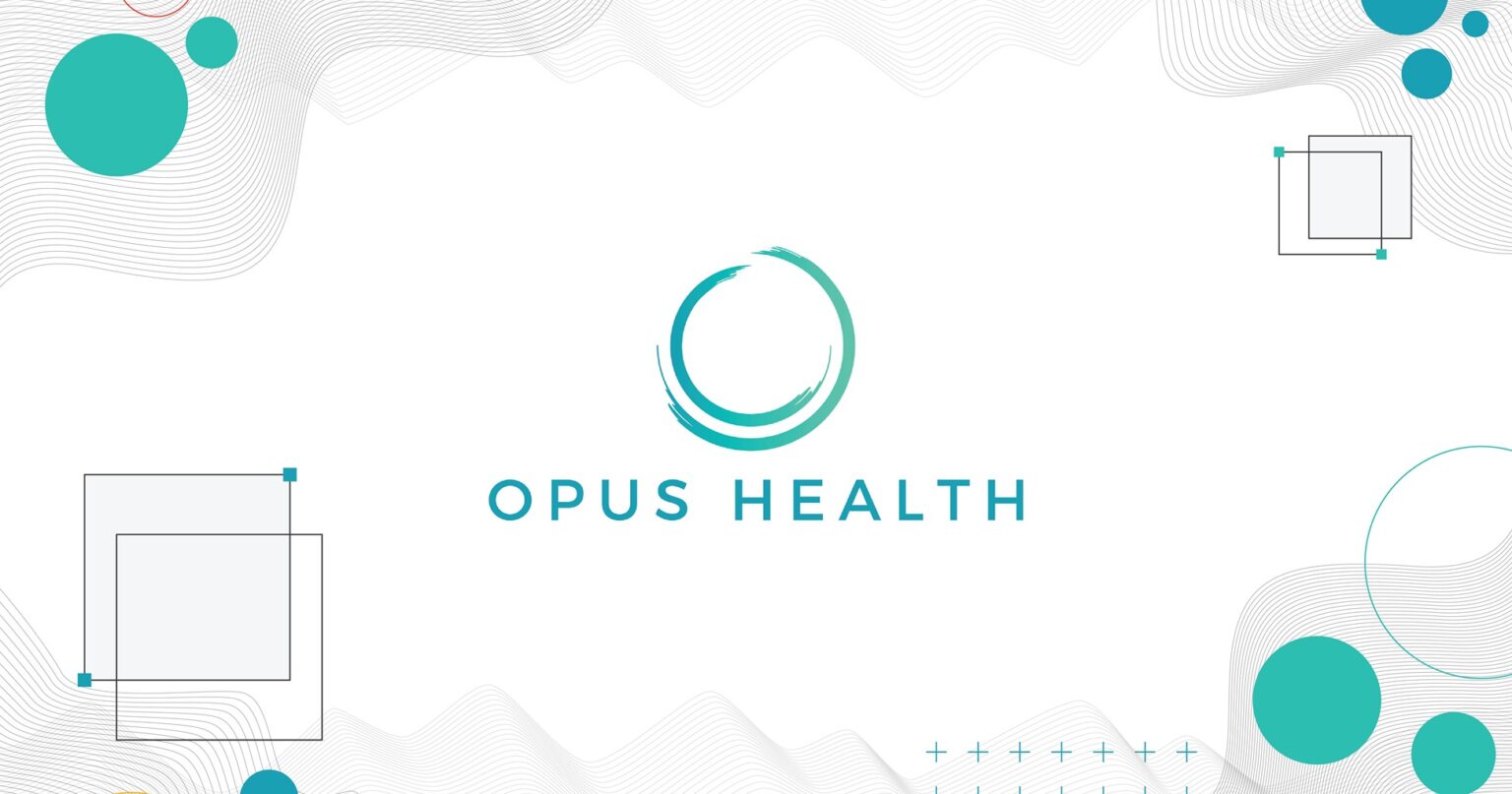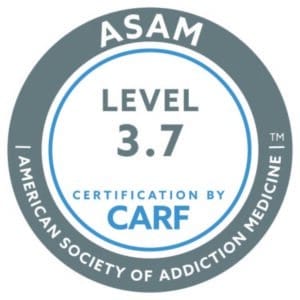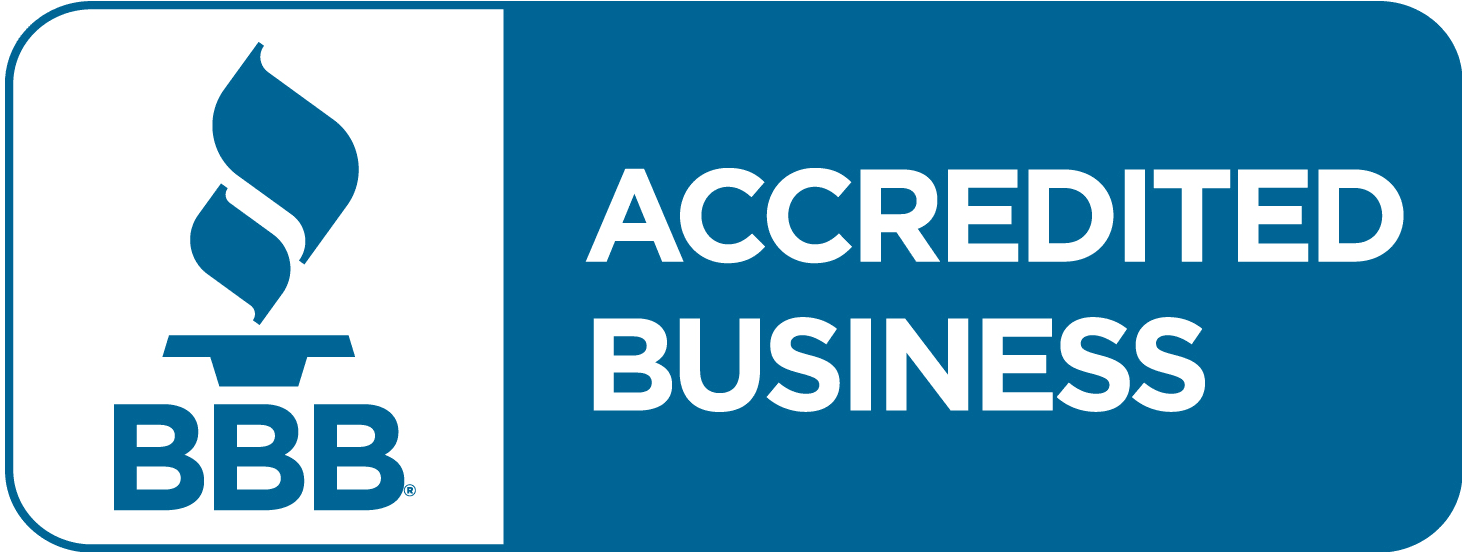When someone has an addiction to a prescription or illegal drug or alcohol dependence, it’s a serious medical condition. A treatment plan for a substance use disorder has to consider the addiction itself and all of the other components of someone’s mental health issues and physical health.
Since it’s a chronic disease, proper treatment is the best and most effective way to begin your treatment journey, according to the Mental Health Services Administration and the National Institute on Drug Abuse. The American Society of Addiction Medicine makes a similar recommendation.
The Science of Substance Use Disorders (SUD)
We know that substance use disorders are mental disorders affecting the brain and behavior of the person. When you have an addiction, you can’t control your use of certain substances or, in some cases, multiple substances. You can develop an addiction to the euphoric effects of alcohol, drugs, or prescription medications.
- The symptoms of a substance use disorder range from moderate to severe.
- Researchers and health care professionals find that around half of all people who experience a SUD during their lives will also experience a co-occurring mental health disorder. It also goes in the other direction.
- A co-occurring mental health condition can include anxiety, depression, bipolar disorder, personality disorder, schizophrenia, hyperactivity disorder, etc.
When another mental disorder co-occurs with a SUD, there are different explanations.
- One reason is that common risk factors can contribute to addiction and mental health disorders. For example, both conditions seem to have a genetic component and run in families. Environmental factors like exposure to stress or trauma can also raise the risk of addiction and other mental health use disorders.
- Another way they relate to one another is that mental health disorders can contribute to the use of drugs and alcohol. Studies find people with mental health disorders may turn to alcohol or drugs to self-medicate.
- Unfortunately, while there may be temporary relief from self-medication, it’s often short-lived and worsens mental health symptoms, creating significant adverse effects.
- Substance use disorders can also cause changes in the function and structure of the brain and trigger the development of other mental illnesses.
Specific risk factors for addiction include not only genetics but also:
- Beginning the use of substances at an early age
- Having easy access to substances
- Lack of parental monitoring or involvement
- Family conflict
- A history of abuse
- Family violence or conflict
The Addiction Treatment Process
There are a lot of approaches to treating addiction. Treatment planning for a substance use disorder is developed based on many factors, which we detail more below. The general approaches to addiction treatment include:
- Behavioral therapy, such as cognitive-behavioral therapy. Behavioral therapy can go by other names, including talk therapy and psychotherapy. Behavioral therapy is considered an evidence-based part of a treatment plan for substance use disorder. Talk therapy aims to help people learn how to cope with difficult situations by challenging their negative or irrational thoughts to then change their behaviors.
- Along with individual counseling sessions, group or family therapy can be part of treating people with substance use disorders. A treatment provider can lead group or family therapy. Family therapy is important because having a strong social support network can significantly improve treatment outcomes following substance use disorder treatment.
- Prescription drugs help with some of the drug and alcohol cravings and withdrawal symptoms a person may experience. In particular, FDA-approved medicines exist to help treat opioid use disorders, alcohol use disorders, and nicotine addiction. Medication-assisted treatment tends to improve outcomes when appropriately used, and behavioral treatment in the recovery process under the supervision of an experienced treatment provider.
- Support groups such as Alcoholics Anonymous and other 12-step programs may be part of a treatment plan. These groups offer people social support in a safe environment and then be helpful to sustain recovery after alcohol use disorder or drug addiction treatment.
- Some types of treatment will consider the need for specialized therapies, such as help navigating the criminal justice system or vocational training.
- you may need treatment for psychiatric conditions or co-occurring chronic illnesses.
- A treatment plan may need to consider someone’s lifestyle after leaving treatment. For example, they might need a connection to public health resources, affordable housing, or supportive housing providers to help them maintain their recovery. A treatment program might connect patients with social service providers because basic needs like stable housing have to be met to stay sober and keep up with other parts of addiction disorder treatment programs.
- Some treatment plans and programs are geared toward specific populations such as African Americans and homeless veterans, or programs could be geared toward individuals with a particular sexual orientation who are also patients with substance use disorders.
Treatment for alcohol and drug use disorders in the United States can occur in varying settings.
- The first step for most people with substance use disorders is a medical detox program. In medical detox, you have medical care as you go through withdrawal. Detoxing isn’t an addiction treatment. It’s just the first step of treatment for substance use disorders.
- Then, someone might begin rehab on an inpatient or outpatient basis. Inpatient rehab can last for 30 days or more, and the environment is very structured and supportive.
- Outpatient rehab allows you to continue living at home while you receive treatment. There are intensive outpatient treatment programs available too. You work with a mental health professional to overcome symptoms of alcohol use disorders or an addiction to illicit drugs.
- An intensive treatment option like a therapeutic community could be ideal for someone with severe, long-term addiction or significant co-occurring disorders.
Creating a Plan for the Treatment of Addiction
When a team is creating a treatment plan for substance use disorder, including:
- The specific diagnosis. There are diagnostic criteria used for substance use disorders and other mental health disorders. Mental health professionals will learn more about your history of drug or alcohol use and other mental health symptoms, your family history, and physical health symptoms you might experience. How to approach the treatment of addiction also depends on the substance. For example, with prescription pain relievers, known as opioid addiction, your needs will be different from someone addicted to alcohol or stimulant drugs.
- After a complete assessment ends, the treatment plan for a substance use disorder can start. Treatment plans have the ultimate goal of helping you recover from addiction, but that’s not the only goal. Recovery typically means that you have to address the underlying factors contributing to substance use in the first place. This means addressing major psychological and medical diagnoses and major events and experiences in a person’s life.
- Treatment plans include objectives for the short- and long-term. Objectives can be more specific and measurable than setting goals.
- The interventions are part of the treatment for a substance use disorder plan that is put in place to achieve objectives and goals.
- While most treatment plans for addiction focus on medication and behavioral therapy, alternative therapies may be part of a plan. For example, yoga, meditation, and exercise therapy could be individually included in a treatment plan.
A treatment plan isn’t a one-and-done concept. The plan evolves and changes as the needs of the patient change. Treatment plans can and should be re-evaluated regularly to ensure they’re still meeting a person’s needs.
Currently, there’s not one type of therapy or treatment that is “most effective.” There’s not a single treatment right for everyone. Instead, a treatment plan needs to be highly individualized and dynamic. Treatment should be adjusted, and it should be based on evidence-based approaches.
Substance Abuse Treatment in Costa Mesa, CA
We wanted to note that above, we are talking about getting help for the chronic effects of addiction. If someone is dealing with a substance abuse emergency, such as an overdose or potentially severe symptoms, you should contact emergency medical services. Addiction treatment for a substance use disorder is something that can occur later.
When you’re looking for addiction treatment for yourself or a loved one, the biggest priority is a program that views the person as what they are— a unique individual. Contact Opus Health at 855-953-1345 to learn more.
